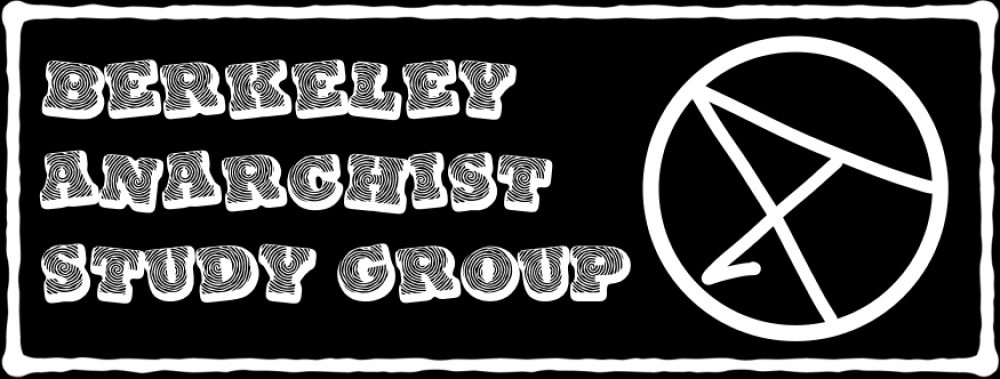Please allow me to draw your attention to Jacques Vaché’s War Letters and other scraps (pp. 345-359). You are also invited to read as many of F. Rosemont’s contextuals as you care to. In particular, the discussion of Umour (pp. 107-172) stands a chance of proving abundantly worthless. I’d like to be there to gab with you, for he is a wonderful wraith indeed, but phynance importunes…
Reading for 1/28
Tomorrow we’ll read a chapter from Deleuze’s Nietzsche & Philosophy. Give “Active and Reactive” (pp. 39-72) a look.
Reading for 1/21
This week, Robert Walser’s novella The Walk. Give this one an unhurried afternoon; it wants to be read andante.
Reading for 1/14
This week – the second half of Ted Kaczynski’s Industrial Society and its Future. Read from paragraph 59 (the beginning of the section “Disruption of the Power Process in Modern Society”) through to the end.
Reading for 1/7
This Tuesday – Ted Kaczynski’s Industrial Society and its Future, pages 1-11 of the PDF – from the beginning until “Disruption of the Power Process in Society.”
On Break until January 7th
We won’t be meeting this week or next. See you on the 7th!
Reading for 12/17
This week, we’ll finish Graeber’s Fragments of an Anarchist Anthropology. Go from “Tenets of a Non-Existent Science” to the end (pp. 30-48 in the pdf on @ library).
Reading for 12/10
Ok, we’re back this week! Gathering Tuesday to discuss the first half of Graeber’s Fragments of an Anarchist Anthropology. This week, we’ll go from the beginning up to “Tenets of a Non-Existent Science” (pp. 3-29 in the pdf on @ library).
Reading for 12/3
Argh! We’re double-booked this week, so we’ll be taking the week off. Convening again Tuesday, December 10th, 7pm at the Long Haul. See you then!
Reading for 11/26
Another week of Against Civilization, since I’m so late in posting this week—pp. 150-161.
